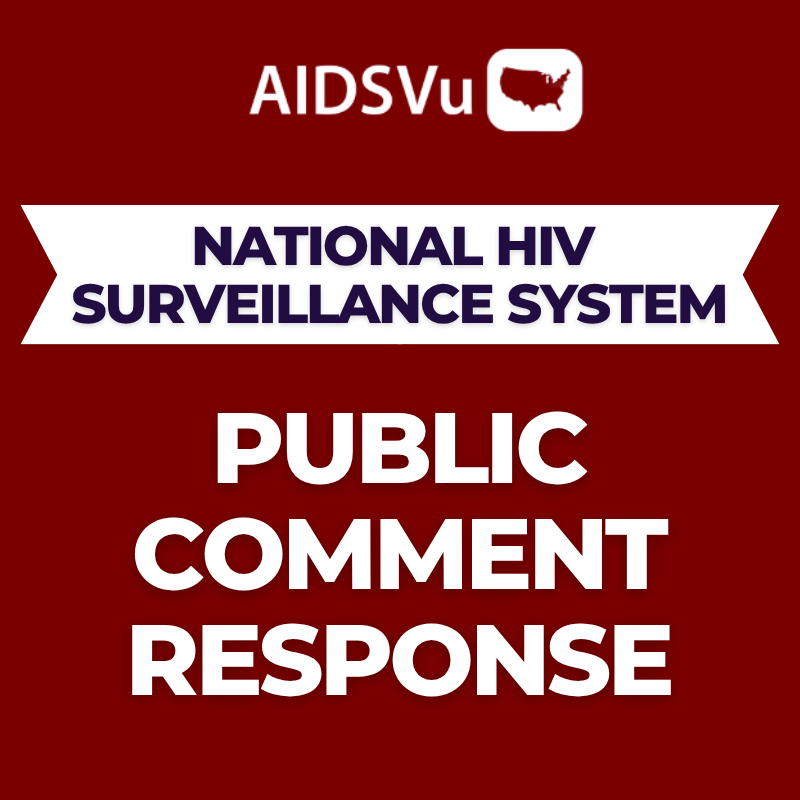Dr. Rueben C. Warren is the Director of the National Center for Bioethics in Research and Health Care and Professor of Bioethics at Tuskegee University in Tuskegee, Alabama. From 1988-1997, Dr. Warren served as Associate Director for Minority Health at the Centers for Disease Control and Prevention (CDC).
Q: You are currently the director of the National Center for Bioethics in Research and Health Care, and before that you had a long career at the CDC focused on minority health issues. Why did you get involved in this work, and what is the relationship between bioethics and minority health?
A: Well first and most importantly, bioethics evolved from ethics, which, in my view, is an offshoot of both philosophy and theology. The progress, thus far, in improving the health of people of color, described as minority populations in this country, has not been good. My enthusiasm for bioethics evolved from my attempt to look for other ways to improve the health of underserved populations, particularly people of color. While the science has allowed us to know a lot about health improvements, the ethical dilemma is that we are not doing as much as we should for all demographic groups. We know more than what we do. And therefore, you have populations who are suffering disproportionately. Historically the racial group that has suffered the most from preventable diseases and conditions in the U.S. has been Black people. That is an ethical problem, and that is what drove me to look at ethics as a part of my work. Equally as important, this problem is the focus of work and the mission the National Center for Bioethics and Research at Tuskegee University.
Q: In February 2020, Tuskegee University hosted a conference addressing the implications of medical mistrust and racism on Black communities impacted by HIV. This conference has led to a forthcoming special edition of the Journal of Healthcare, Science, and the Humanities on HIV/AIDS and the Black community, of which you are the editor. In your letter from the editor, you reference three themes that emerge throughout this journal—theology, science, and sociology. Can you speak to the importance of this special edition and how these themes fit together within it?
A: Resolving the challenges and the issues of minority health and health disparities are not only scientific issues, they are also grounded in spheres of ethics. They are also issues of equity and justice. They are also issues of morality and social justice. We have to look at more than what the science tells us; we have to look at the limitations of science. The conference that was held at Tuskegee University really addressed the limitations of science and what else must be done is positively influence the elimination of HIV/AIDS in the Black community.
After the conference, we thought about doing more than just publishing the proceedings, which would only be read by a few. We thought about how to expand our reach. With support from Gilead Sciences, we began the conversation about how to really reach a broader audience about what we know, what we think we know, and what else we need to know. We wanted to create a venue to address the intersectionality between health, biomedical, behavioral and public health sciences, ethics, sociology, and theology. That interchange is very exciting. What we did was create broad venue for people to publish their thoughts. We agreed that the Journal of Healthcare, Science and the Humanities, owned and published by the National Center for Bioethics in Research and Healthcare, was the perfect place to publish a Special Issue on HIV in the Black Community. When we looked at all the articles that were submitted, they fell into those three categories—science, theology, and sociology, so that is how those we structured the articles published in the Special Issue. Those themes really spoke to us, as opposed to us speaking to them.
Q: This journal includes multiple first-time authors and people often excluded from traditional academic publishing. Why is it so important to bring in these perspectives?
A: One of the mantras of academia, historically, has been “publish or perish”. Scientists mostly write for and listen to other scientists. However, the issue of HIV, particularly in the Black community, is beyond science. As a result, we needed to engage those who are on the ground doing the work. We wanted to broaden our scope beyond just traditional methodologies and outside “so-called” experts. Our goal was to get those other voices heard. We spent additional time encouraging those who had not published before to publish, and to share their thoughts. Therefore, in this Special Issue, we have a variety of manuscripts including peer-reviewed articles, commentaries, and some opinions papers. That is what we brought together to publish this very special issue, on a very important topic.
Q: You’ve spoken to NPR about the impact of a history of racial disparities in health care on COVID-19 vaccine hesitancy. How does this legacy impact efforts to combat the HIV epidemic as well?
A: The major challenge with what is commonly called vaccine hesitancy, in my view, is not what people expected or predicted. Many thought that the issue was the speed in which vaccines were developed. With the coronavirus pandemic, the challenges were with issues of trust. As with the HIV/AIDS pandemic from its inception—misinformation, misperceptions, and an attempt to exclude those who need to be heard have adversely affected both pandemics. We see the similarities, not in a biological context, but more in terms of issues of trust and trustworthiness. There are similar populations that are disproportionately suffering from both HIV/AIDS and Covid-19, and these populations need to be heard from and talked to! Among those who need to be heard and listened to are members of the Black community.
Q: February 7 is National Black HIV/AIDS Awareness Day, which serves as an opportunity to highlight the deep health disparities among Black Americans living with HIV in the U.S. What message do you have for the community on this day?
A: We can reach back to 1915 and Booker T. Washington, who established Negro Health Week, which has evolved to National Minority Health Month. It is an opportunity not to talk about the problem singularly, but to talk about what we need to do. So, we don’t celebrate, but we commemorate. And I think that National Black HIV/AIDS Awareness Day is an opportunity to commemorate—to talk about the good, talk about the not so good, and talk about what we can do to make it better. We have to recognize and acknowledge a problem before we can make any change. I think it is an opportunity to once again talk about what we know, what we do not know, what we are doing, what we are not doing, and most importantly what we are going to do to eliminate HIV/AIDS. February 7th is National Black HIV/AIDS Awareness Day; a wonderful opportunity.




